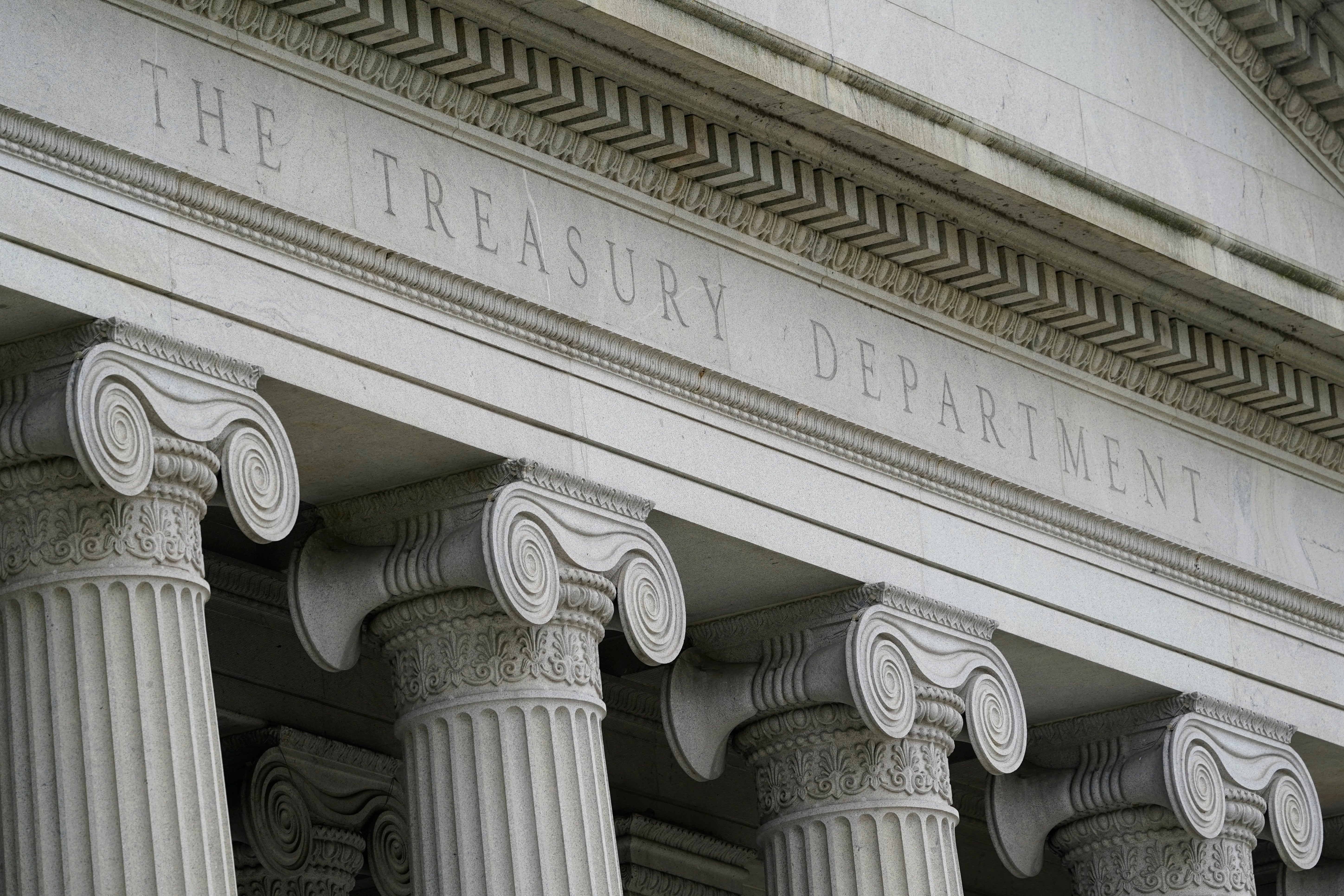US budget deficit for current year hits record $2.1 trillion
The U.S. budget deficit hit a record $2.06 trillion through the first eight months of this budget year as coronavirus relief programs drove spending to all-time highs

Your support helps us to tell the story
From reproductive rights to climate change to Big Tech, The Independent is on the ground when the story is developing. Whether it's investigating the financials of Elon Musk's pro-Trump PAC or producing our latest documentary, 'The A Word', which shines a light on the American women fighting for reproductive rights, we know how important it is to parse out the facts from the messaging.
At such a critical moment in US history, we need reporters on the ground. Your donation allows us to keep sending journalists to speak to both sides of the story.
The Independent is trusted by Americans across the entire political spectrum. And unlike many other quality news outlets, we choose not to lock Americans out of our reporting and analysis with paywalls. We believe quality journalism should be available to everyone, paid for by those who can afford it.
Your support makes all the difference.The U.S. budget deficit hit a record $2.06 trillion through the first eight months of this budget year as coronavirus relief programs drove spending to all-time highs.
The shortfall this year is 9.7% higher than the $1.88 trillion deficit run up over the same period a year ago, the Treasury Department said Thursday in its monthly budget report.
The report showed that spending from October through May totaled a record $4.67 trillion, up 19.7% from the same period a year ago. Government tax revenue was up 29.1% to $2.61 trillion, compared to the same period a year ago.
However, this year's figure was bolstered by tax payments made in May, a month later than the normal April deadline but a month earlier than last year's June deadline.
Since the COVID-19 pandemic hit in March 2020 pushing 22 million people out of work, the government has responded even more forcefully with trillions of dollars in increased spending.
That support has included three rounds of direct payments to individuals, with the last payments authorized in the $1.9 trillion relief package that President Joe Biden pushed through Congress in March.
Other support programs provided billions of dollars in emergency unemployment benefits and forgivable loans.
The deficit for the budget year that ended Sept. 30 totaled a record $3.1 trillion. Biden, who released his first budget earlier this month, is projecting that this year's deficit will total $3.67 trillion and will remain above $1 trillion every year over the next decade, reflecting his ambitious plans to boost spending on infrastructure and American families.
The annual federal deficit first topped $1 trillion in 2009 and remained above that level for four years as a deep recession triggered by the 2008 financial crisis depressed tax revenues and led to increased government spending to fight the downturn.
The deficit in May totaled $132 billion, compared to a deficit in May 2020 of $398.8 billion that heavy spending on the initial pandemic relief programs and the delay of the tax deadline.